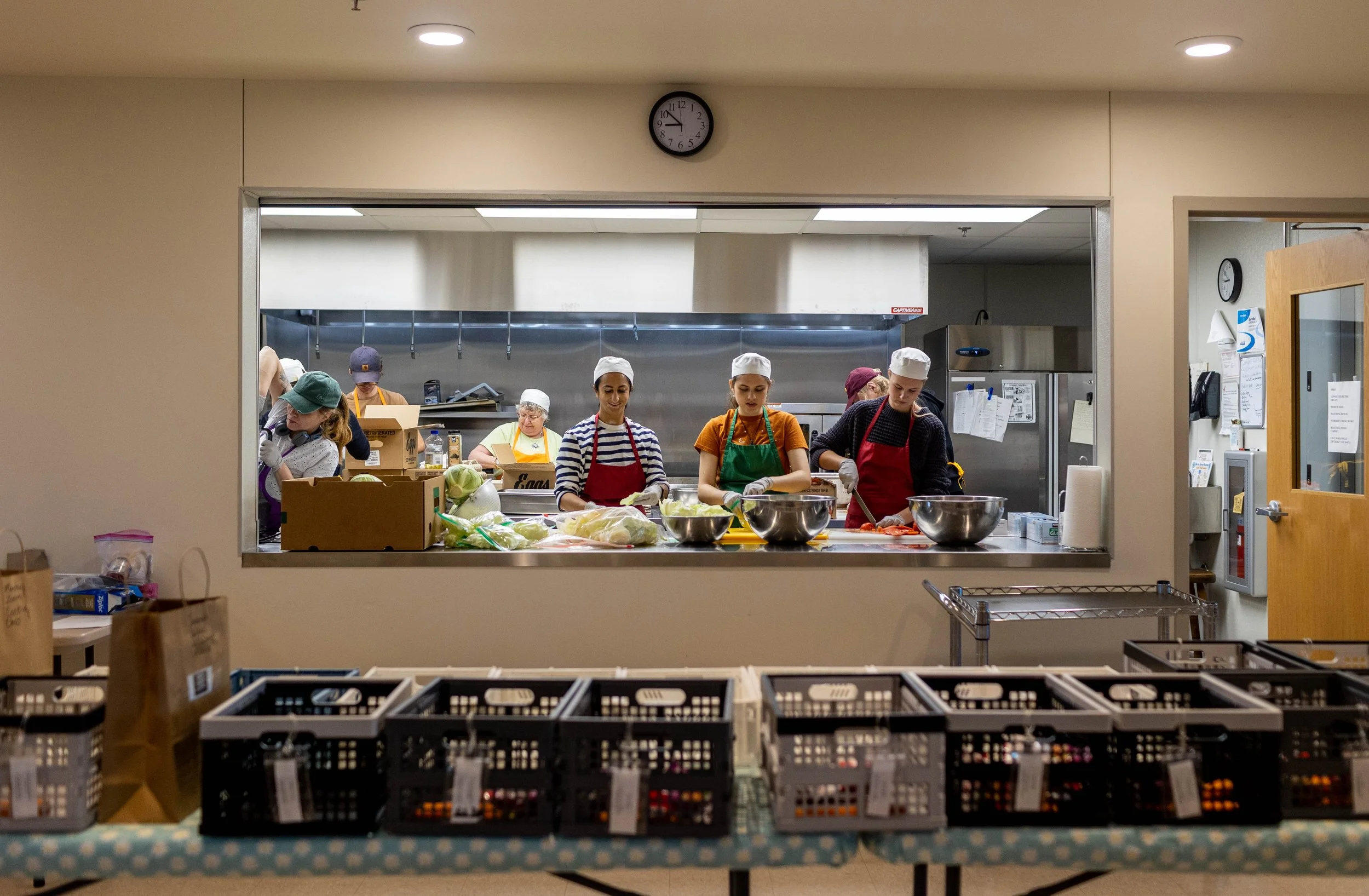Our Story
We are a group of students, faculty, and community members working together to explore the connections between food, land, people, and justice. Based at the University of Minnesota Duluth, our Hub is rooted in the belief that real change starts with listening — to stories, to lived experience, and to each other.
Our team includes researchers, artists, growers, teachers, and neighbors who care deeply about building stronger, more equitable food systems in our region. We use the tools of the humanities — like storytelling, art, culture, and history — to surface the experiences and traditions that often get overlooked in typical conversations around food and the environment.
Whether it's in a classroom, a kitchen, a farm, or a neighborhood gathering space, we’re working to create a future where everyone has a voice in shaping the systems that impact their daily lives.
Our Timeline to grow the Hub
This work is about connection. It’s about trust. And most of all, it’s about community.
Core Values
-
We believe the most meaningful change happens when community members set the agenda. Our Hub centers lived experience and co-creates projects that reflect the needs, hopes, and strengths of local residents. From listening sessions to advisory councils, we’re building relationships rooted in trust and shared purpose.
-
Justice starts with understanding. We use storytelling, history, art, language, and culture to uncover deeper insights into food and environmental issues. Our students and faculty learn with and from the community — using humanities-based methods to illuminate hidden challenges and possibilities.
-
Food access and environmental change don’t affect everyone equally. We work to address systemic injustices—amplifying the voices of low-income, Indigenous, Black, brown, and underrepresented communities. Our goal is a just and equitable distribution of resources, opportunities, and resilience.
-
Our work goes beyond short-term solutions. We aim to reshape systems by shortening food supply chains, rethinking land use, and building shared spaces where community members, students, and researchers can learn, cook, grow, and advocate—together.




